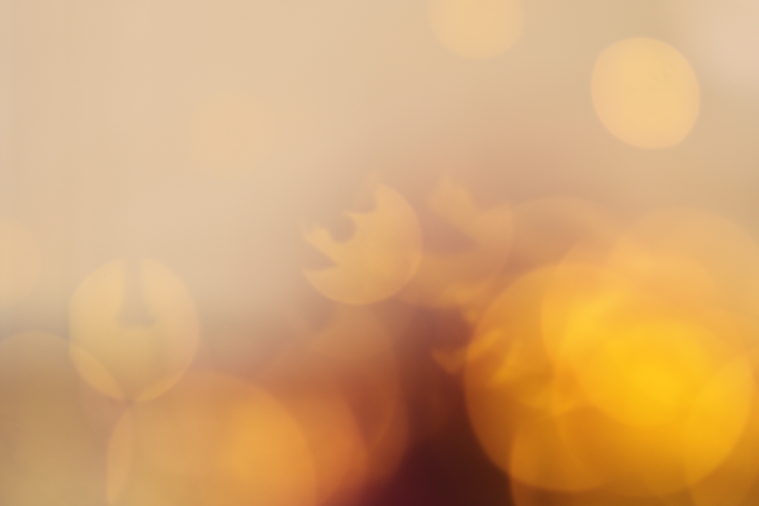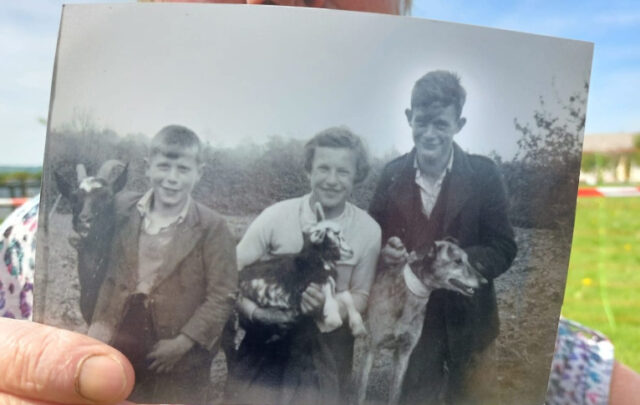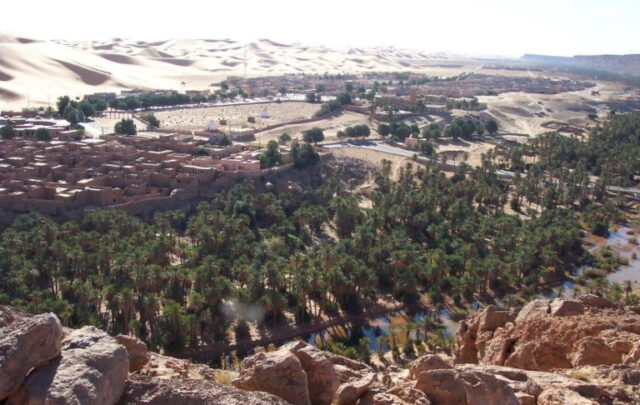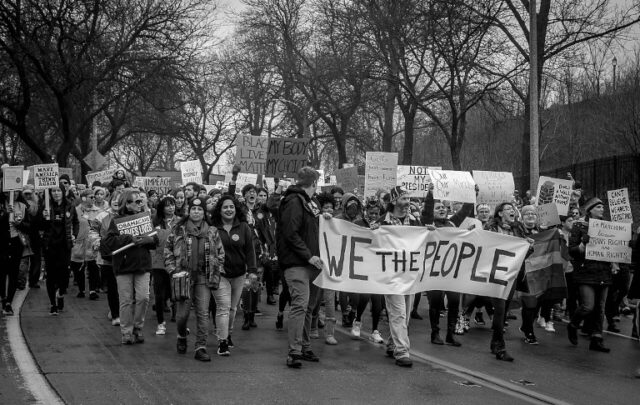As a teenager, my passion was the visual arts. I wrote and illustrated a series of comic books, had paintings displayed in the US Capital Building, and sold my original pastel drawings. After seeing my art, strangers were often confused to learn that I was in fact legally blind. For them, my artistic abilities seemed incompatible with my disability. One woman left me speechless when she asked if I drew by “smelling the colors”[1].
I of course didn’t use my sense of smell, but I would spend hours with my face almost touching the pastel paper, leaving my nose coated with a rainbow of chalk dust. For fine detail, I would place my drawings under a magnifying television, moving my pencil by staring at the monitor as if it were a video game. In a strange way, I think my blindness may have actually aided my art. Being legally blind forced me to thoroughly study a composition simply to understand what I was seeing, and I had to actively decide which elements deserved my scrutiny. “While you might not be able to see well” – an art teacher once told me – “you know how to look”.
My vision has since declined to the point that I can’t even see my own face in the mirror, let alone a piece of pastel paper. My drawing days are behind me, but I regularly think back to what my one art teacher said. We are inundated today with new sensory information, and yet so often we seem unable to focus on what matters. Only 2% of the population has a visual disability, but virtually all of us experience a self-imposed blindness. All too often, we fail to truly see the sheer volume of materials we consume, the amounts of energy that propel our activities, and the other lives that make our own possible. Reflecting on how worker exploitation and destructive mining practices are tied up with digital capitalism, CUNY professor Douglas Rushkoff recently wrote how our “…‘out of sight, out of mind’ externalization of poverty and poison doesn’t go away just because we’ve covered our eyes with VR goggles and immersed ourselves in an alternate reality. If anything, the longer we ignore the social, economic and environmental repercussions, the more of a problem they become”.[2] Even though our connections with the world have been made hard to see, it is important that we learn how to look.
When people learn that I am blind, many automatically ask just how much I can see. One obnoxious man even threw up a few fingers and asked me to count. For simplicity, my default answer is “I can still see some light”. I have taken this as a blog title, because at least for me, it captures something about our larger situation that I’ve been reflecting on recently.
Light is often evoked as a source of hope. For me, light is a practical but unreliable source of information. Simply trusting in light is a guaranteed way to injure myself. The light I see can at best cue me into my surroundings, and I have to draw on all my senses to truly orient myself. On good days, the light of the sky and the shadows cast by buildings can provide an abstract understanding, but I have to listen to the complex soundscape, feel the texture of the sidewalk underfoot, and even smell the distinct aromas of neighborhood shops to know exactly where I am. I have had to learn to swallow my pride and feel comfortable in asking others for directions. My Seeing Eye Dogs Fathom and Rocco have not only guided me, they have brought immeasurable love into my life while keeping me grounded.
In a similar way, I think that managing our societal blindness will require us to accept the limitations of perspectives we once relied on, and to not be misled by simplistic hopes. We will have to draw on all available perspectives and tools to find a safe path. Crucially, we will have to reach out to the rest of the human and non-human community for support. Accepting our blindness is hardly an excuse to disengage or an admission of defeat. Rather, it is an invitation to engage with the world in new ways.
At the same time, adapting to blindness can create opportunities. From the possibly invented figure of Homer to the definitely real John Milton, blind poets throughout history have offered celebrated insights. At least before the introduction of modern sound systems, Islamic calls to prayer were regularly performed by blind muezzins, valued in part because they could not spy on neighbors from atop a mosque’s minarets. To my great amusement, Ralph Teetor, a blind automotive engineer, was inspired to invent cruise control in 1945 after losing patience with his chauffeur’s chaotic driving.[3] Personally, the connections formed with my Seeing Eye Dogs have far outweighed the hardships of blindness. I may just be drawing false parallels, but I hope that adapting to our societal blindness might provide unexpected gifts as well.
Some more musings on the intersections of blindness with society and the environment to follow…
[1]] Some of my thoughts here first took shape in a piece I wrote for the National Federation of the Blind’s journal Future Reflections in 2016: https://nfb.org/sites/default/files/images/nfb/publications/fr/fr35/3/fr350305.htm
[2] From Douglas Rushkoff’s recent book “Survival of the Richest: Escape Fantasies of the Tech Billionaires”. (He’s pretty good at reading his own books, so I enjoyed listening to the audio version.)
[3] David Sears. (March 8, 2018). “The Sightless Visionary Who Invented Cruise Control”. Smithsonian Magazine. https://www.smithsonianmag.com/innovation/sightless-visionary-who-invented-cruise-control-180968418/
Teaser photo credit: Photo by amjd rdwan on Unsplash























